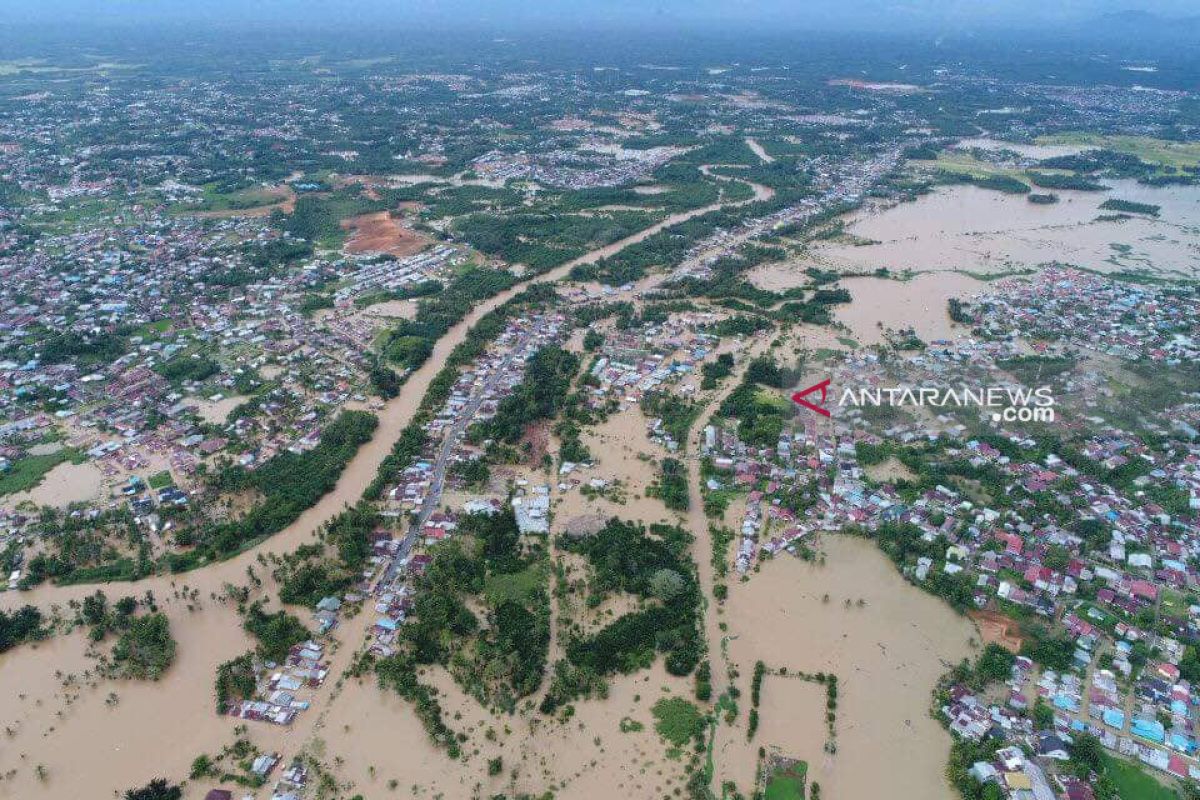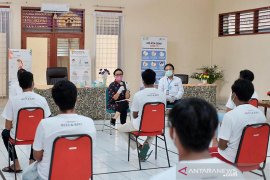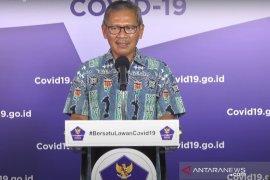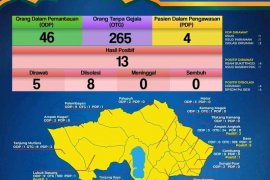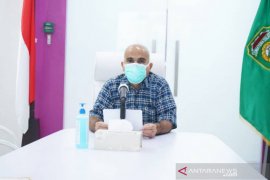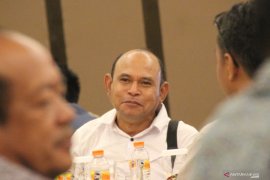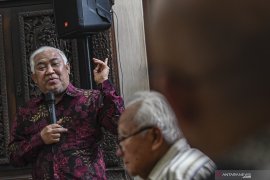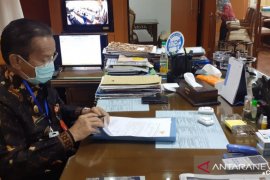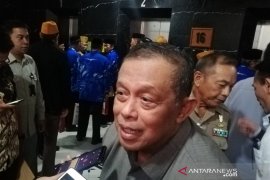Floods that hit almost all districts and cities in Bengkulu Province could not only be inflicted on the rain which flushed this area on April 26, 2019 from noon to night but there was a root problem that had to be revealed was the coal mine in the upBengkulu (ANTARA) - Environmental activists highlighted the existence of eight coal mining companies operating in the Bukit Daun Protection Forest buffer zone which is the upstream water catchment area of the Air Bengkulu River which overflowed due to heavy rain and caused flooding to soak the Central Bengkulu region and Bengkulu City.
"Floods that hit almost all districts and cities in Bengkulu Province could not only be inflicted on the rain which flushed this area on April 26, 2019 from noon to night but there was a root problem that had to be revealed was the coal mine in the upper Bengkulu River," said Director of Bengkulu Canopy, Ali Akbar here on Sunday.
According to him, the flow of water that is not able to be accommodated by existing rivers such as the Bengkulu River, the Ketahun River and the Musi River should be the main concern to find the root cause of the disaster which claimed 10 lives and eight are still missing.
Ali mentioned that the Bengkulu River Watershed in the Central Bengkulu District area had been expropriated for coal mining and oil palm plantations. There are eight coal mining companies in the upper reaches of the river, namely PT. Bengkulu Bio Energi, PT. Kusuma Raya Utama, PT. Mega Quantum Coal, PT. Inti Bara Perdana, PT. Danau Mas Hitam, PT. Ratu Samban Mining, PT. Griya Pat Petulai, PT. Cipta Buana Seraya with a total area of 19 thousand hectares. Plus one oil palm plantation company owned by PT Agriandalas which is also in the Bengkulu River catchment area.
According to him, the entire region has lost its ecological functions so that the disasters that occur in this area are not due to natural factors but due to human intervention in the form of extractive industry permits in the upstream region of the river.
As a result, the overflow of the Bengkulu River and its tributaries inundated a number of villages in Central Bengkulu such as Talang Empat Village, Genting and Bang Haji Villages and inundated residents' settlements in a number of villages in Bengkulu City along the Bengkulu River flow such as Rawa Makmur, Tanjung Jaya, Tanjung Agung and Bentiring.
Dede Frastien, Manager of the Walhi Bengkulu Extractive Industry Campaign, added that the severe flooding that hit Bengkulu was proof of the damage to the river upstream due to coal mining activities, one of which was PT Kusuma Raya Utama which added to the Buru Semidang Bukit Kabu Park conservation friend.
"Today's disaster should strengthen Walhi's lawsuit against PT Kusuma Raya Utama, a mine that dredges the bowels of the earth in the upper Bengkulu River," he said.
Ali added, in addition to revoking coal mining and oil palm plantation permits in the upper reaches of the river, this disaster also became difficult for local governments to develop according to environmental rules and comply with spatial planning. He gave an example of the construction of a coal-fired steam power plant (PLTU) in Sepang Bay which crashed into the Regional Spatial Planning Regulation (RTRW) because coal-fired energy projects are planned to only be in Napal Putih, North Bengkulu.
"Development that is too reckless and nullifies the ecological impact must be ended immediately, do not make it just a requirement on paper because when the disaster comes all the people who will bear the consequences," he said.
Previously, the Head of the Bengkulu Province BPBD, Rusdi Bakar, said that floods and landslides in Bengkulu claimed 10 lives and eight were reported missing.
In addition to causing casualties, this disaster also caused a number of infrastructure facilities including roads and bridges being damaged and partially broken down, thus hampering inter-village transportation even between provinces such as Bengkulu to South Sumatra and Bengkulu to Lampung.
Translator: Bambang Purwanto
Editor: Fardah Assegaf
Copyright © ANTARA 2019
